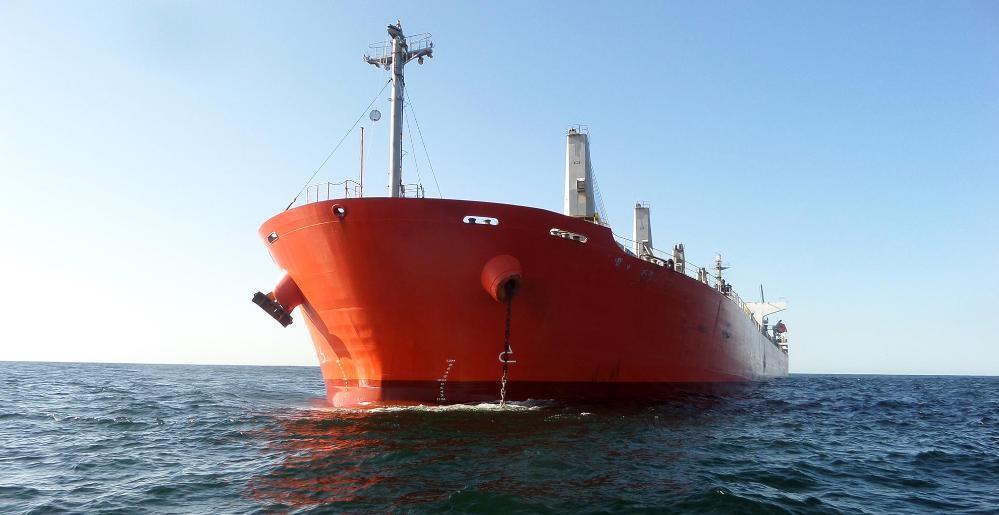October 13, 2020
Vital marine environments at risk from ship anchors amid growing global trade
New paper from UOW researchers argues framework is needed to help preserve ocean floor
Millions of recreational boats and thousands of large ships routinely anchor across the globe. With 90 per cent of the world’s trade carried by ship, and volume expected to double by 2030, the impact of anchor scour on the ocean floor is an area that must be more thoroughly investigated, according to researchers from the University of Wollongong (UOW).
Allison Broad (pictured) and Professor Andy Davis, from UOW’s School of Earth Atmospheric and Life Sciences (SEALS), alongside Dr Matthew Rees from the NSW Department of Primary Industries (DPI), have co-authored a paper in the journal Marine Pollution Bulletin, which examines how anchors and chains from small recreational vessels and large ocean-going ships impact the seabed environment across a range of habitats.
The paper, published last week (Thursday 8 October), is the first comprehensive literature review of anchor scour on seabed environments.
Ms Broad said seabed environments provide the ecological foundation for much of marine life. Whether comprised of sediment or rock, they provide a platform for the establishment of ecosystem engineers, such as seagrasses, kelp, sponges and corals, which in turn supports other marine life.

It is vital, she said, to understand how seabed environments respond to anchor scour as it is one pressure to the marine environment that she believes can be better and more easily managed.
“Almost all vessels, whether a recreational boat or a large ship, routinely anchor or moor to the seabed,” Ms Broad said.
“How these habitats, which are so important to the health of our coasts, respond to that man-made disturbance depends on the seabed type and intensity of anchoring activities.
“This is the first time that the impact of anchor scour has been examined across a range of habitats, and the evidence so far shows that the impact is negative for seabed environments, but further investigation is needed to understand how to best manage this disturbance.
“Another key finding was that most research had focused on recreational boating impacts in shallow waters, with no studies examining the effect of anchoring by large bulk carrier and cargo ships, such as those off Wollongong, on temperate seabed environments.
“This represents a significant knowledge gap in our understanding of how this activity affects our local reefs, which is what my PhD research is now focusing on.”
With ocean trade set to grow, Ms Broad said identifying how marine activities impact the ocean floor will help researchers and managers to create a sustainable framework for how ships can co-exist with ocean health and conservation.
Ms Broad said the failure to effectively manage anchor scour on the ocean floor, particularly as global trade continues to rise, may lead to devastating consequences for the biodiversity of our seas, including destroying the complexity of habitats, the potential for carbon storage, and the function of the ecosystem.
“We must chart a course to more sustainable anchoring practices, which enable recreation and trade to continue but not at the expense of our ocean environment,” Ms Broad said.
“Failure to recognise and manage anchor scour activities will ultimately risk the diversity of species in the seabed environments exposed to anchoring activities and importantly, the ecosystem services they provide.”
ABOUT THE RESEARCH
‘Anchor and chain scour as disturbance agents in benthic environments: trends in the literature and charting a course to more sustainable boating and shipping’ by Allison Broad, Matthew Rees, and Andy Davis is published in Marine Pollution Bulletin.
The research was funded by the University of Wollongong’s Centre for Sustainable Ecosystem Solutions, the Global Challenges Program, the Ian Potter Foundation, The Australian Academy of Science, The Royal Zoological Society of New South Wales and the NSW Government’s Marine Estate Management Strategy.
